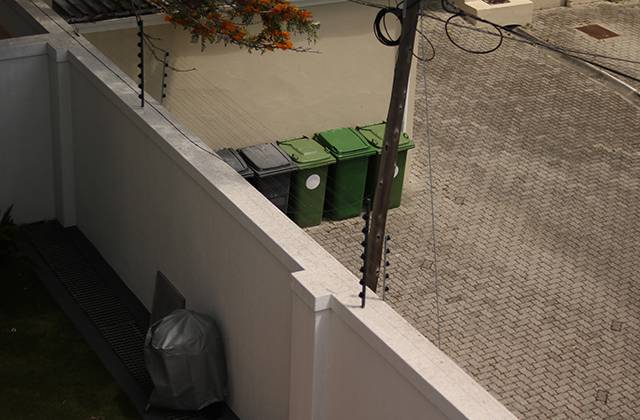There’s no doubt that solid waste disposal is one of the most important services provided by local governments. Solid waste disposal includes both the collection and transportation of waste from its source to a landfill or other facility where it can be disposed. Whether it’s a city or county government, solid waste management is one of the most important functions of local government. Skips Adelaide is a big help with our local government especially if both will became partners.
However, many people are confused about what happens when they put their trash out on the curb for collection. Here are some common misconceptions about solid waste disposal:
Misconception No. 1: Municipal Solid Waste Is Expensive
Municipal solid waste (MSW) is not expensive. It’s actually quite cheap compared to other types of waste. In fact, MSW costs less than $10 per ton to dispose of in most cities and counties across the country! That’s because MSW generates revenue for local governments through tipping fees at landfills as well as through recycling programs and other reuse efforts by residents and businesses alike.
Misconception No. 2: Municipal Solid Waste Is Dangerous To Worker Health And The Environment
Municipal solid waste does not pose any environmental or health risks when handled properly by trained professionals who use best practices for handling hazardous materials like medical supplies.
There are many misconceptions about solid waste disposal, but a few key ones stand out. Here’s what you should know:
Myth: You can recycle or compost everything.
Reality: Some materials cannot be recycled or composted at all, and others have specific requirements for how they must be separated from other materials in order to be processed correctly. For example, some plastics cannot be recycled if they have been contaminated with food or liquids, and some paper products must be shredded before they can be recycled.
Myth: All companies that offer recycling services are legitimate.
Reality: While there are many reputable companies that offer recycling services, there are also companies that operate illegally by collecting recyclables from homes and businesses and then selling them for profit without making sure that the items are actually recycled or disposed of properly. Make sure to ask questions about how your local company recycles materials before allowing them into your home or business.
The following are some of the most common misconceptions about solid waste disposal:
- Garbage has no effect on the environment
- Disposing of food scraps in landfills does not harm the environment
- Disposing of plastic bags in regular trash bins harms no one but yourself
- Recycling saves energy and does not harm the environment
Solid waste disposal is a necessary part of life. It’s the process by which we get rid of our garbage and keep our planet clean. In the United States, we produce about 250 million tons of solid waste each year, according to the Environmental Protection Agency (EPA).
While it’s not easy to think about how much garbage we generate as a country, it’s important to understand how our garbage impacts the environment and why recycling is so important.
Here are some common misconceptions about solid waste disposal:
All landfills are bad for the environment. While some landfills are bad for the environment, many are designed with safety features that protect nearby wildlife and groundwater. Some landfills even have solar panels or wind turbines to help power them!
Recycling doesn’t save energy or reduce greenhouse gases. Recycling reduces energy use because you don’t have to manufacture new products out of raw materials. Recycling also reduces greenhouse gases because recycling uses less energy than making new products from scratch. The EPA estimates that each person in America saves more than 3,000 pounds of carbon dioxide emissions by recycling one ton of paper, glass or plastic! Know more about ecoskiphire.com.au company in Adelaide.

